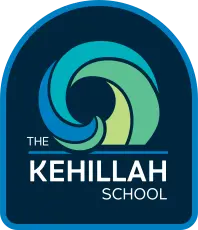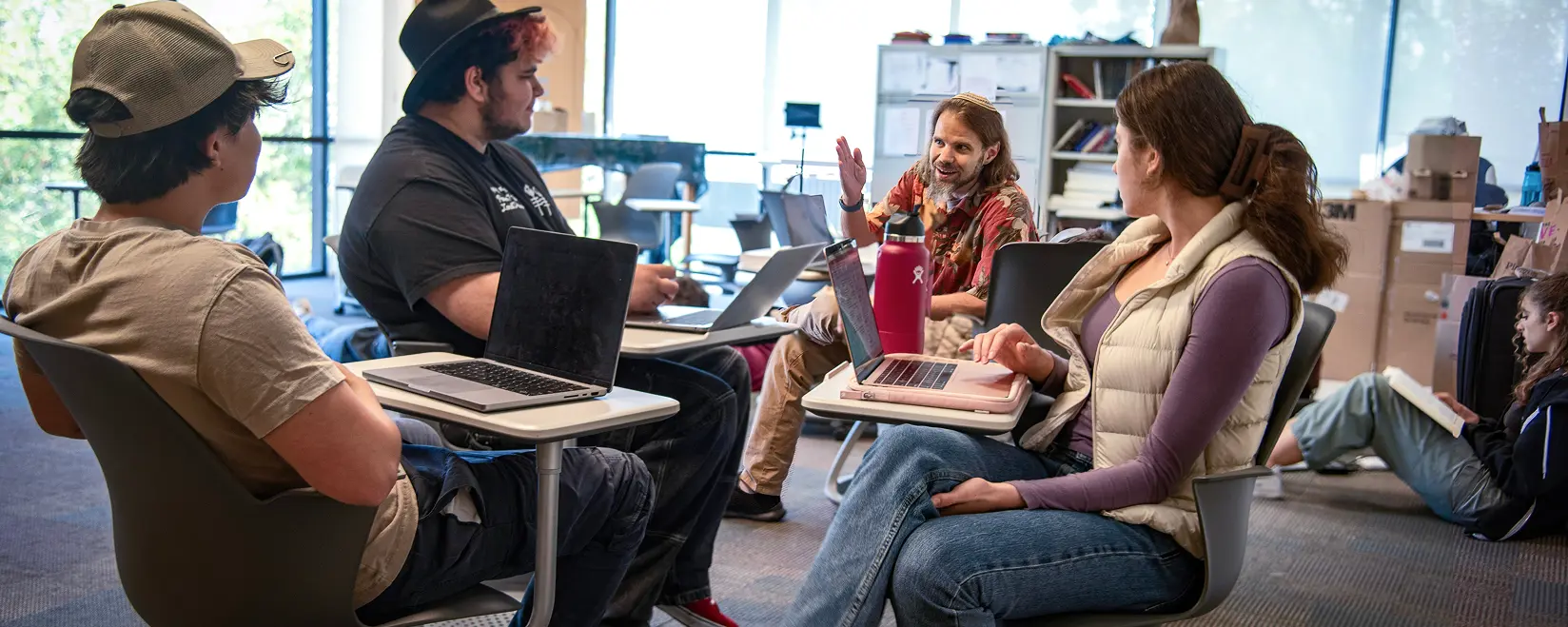UNIQUE ACADEMIC
PROGRAMMING
K-TERM
At Kehillah, learning extends far beyond the classroom walls.
During K-Term, our students step into a week of immersive, project-based exploration—an opportunity to dive deeply into subjects they care about, work alongside passionate peers and faculty, and connect their learning to the wider world.
Whether exploring the Bay Area or journeying abroad, these experiences help students live out Kehillah’s values of community, justice, and loving-kindness—learning through doing, reflecting, and contributing.

K-Term: Learning by Doing
K-Term is one extraordinary week each January devoted entirely to discovery.
Students choose from a diverse array of interdisciplinary, hands-on courses designed and led by faculty. These weeklong intensives encourage collaboration across grade levels, deep inquiry, and meaningful creation—culminating in a project, performance, or community engagement experience.
Recent offerings have included:
- The Joy of Public Transit in the Bay Area — exploring the region’s transit systems through writing, photography, and video.
- Top Chef: Opening a Restaurant — blending culinary creativity with business strategy.
- Asian American Immigration in the Bay — visiting historic sites such as Chinatown and Angel Island to explore identity and resilience.
- The Mishkan in 4D — reconstructing sacred vessels from Torah and Talmud to connect with Jewish culture and heritage.
- Biotechnology Lab — hands-on DNA sequencing and genetic analysis.
- The Accidental Artist — a joyful deep-dive into spontaneous artistic creation.
- 4-Day Play — an ensemble challenge to write, stage, and perform an original production in four days.
Each year’s menu changes to reflect faculty expertise, student curiosity, and the world around us. Courses are graded on a Pass/Fail basis, encouraging creativity and risk-taking without the pressure of traditional grades.
Trips & Travel: Learning Through the World
For students who wish to explore beyond the Bay Area, Kehillah’s Trips & Travel experiences offer a transformative way to experience history, culture, and community in action.
Past trips have included:
- Service and Social Justice Immersion in Portland, Oregon — partnering with community organizations through Tivnu: Building Justice.
- College Exploration and Leadership Tour across California — visiting universities, exploring civic engagement, and preparing for life beyond Kehillah.
- Global Education in Poland — studying history and remembrance in Kraków and Warsaw.
All trips are led by Kehillah faculty and trusted educational partners, with safety and learning outcomes as top priorities.
Please note: Specific destinations and themes vary each year based on educational goals, availability, and global context. The examples above illustrate the kinds of learning experiences students have participated in, not guaranteed future trips. |
A Distinctive Learning Experience
Whether designing a community art project or exploring a new culture halfway across the world, Kehillah students discover that learning is not something that happens to them.
It’s something they actively create. Through K-Term and Trips & Travel, they gain the curiosity, empathy, and agency to see themselves as citizens of both their communities and the wider world.
For more details, explore our Curriculum Guide.



















